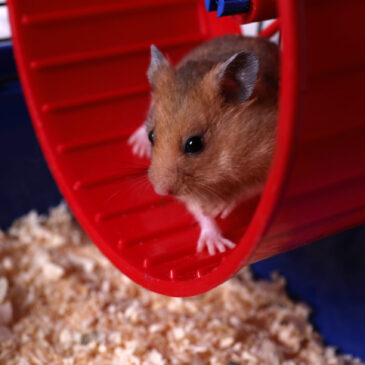Understanding the “Curse of Consciousness”
RUTs (repetitive unpleasant thoughts) are driven by our unconscious brain Here is the essence of the problem with RUTs and the human condition. The sequence begins with your unconscious brain that is constantly on alert for danger and is much more powerful than our late-evolving language-based consciousness. Humans use language … Read More










